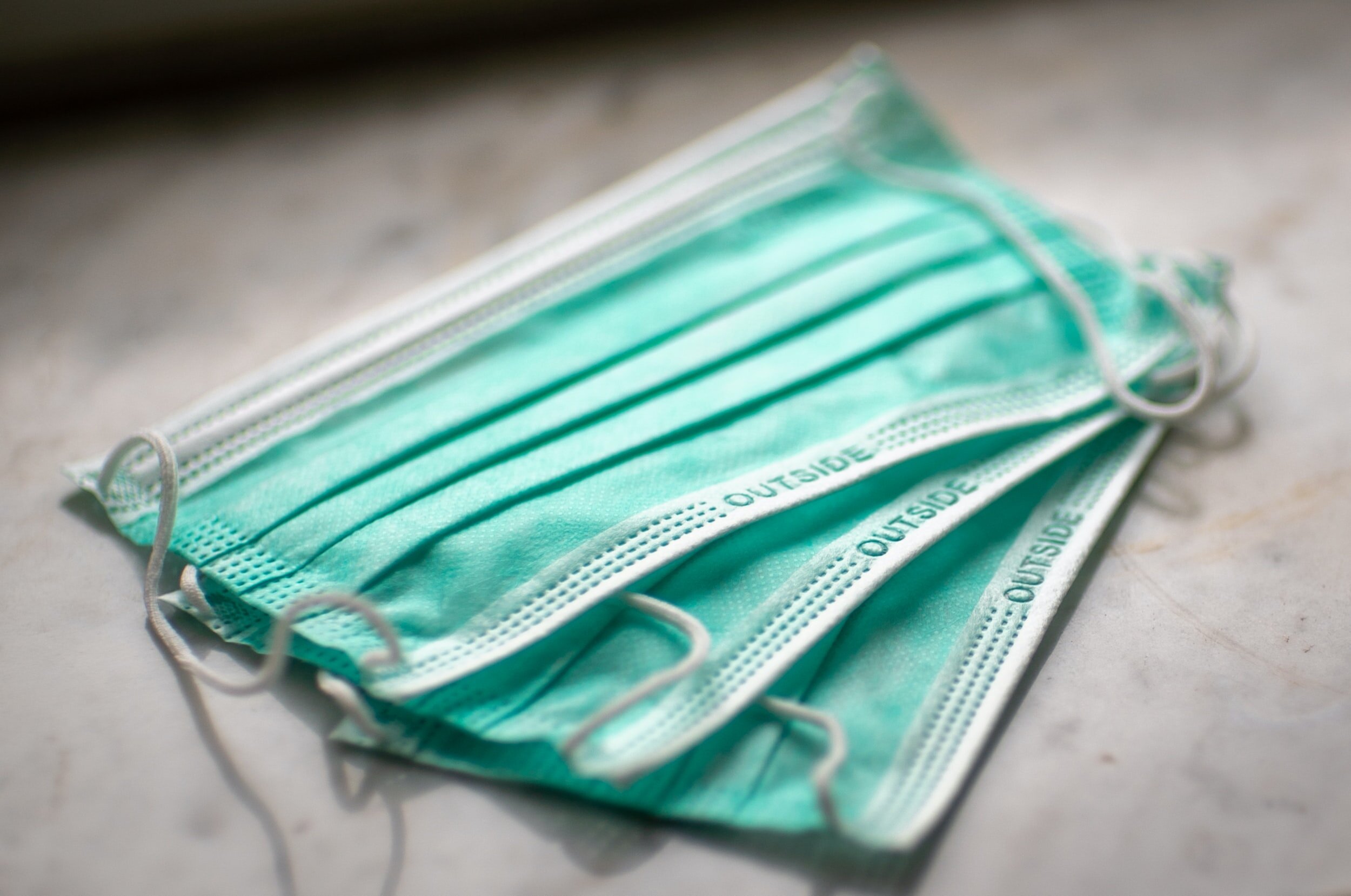A guest post by Hiya Jain
Hiya Jain is a recent graduate of the Riverside School in Ahmedabad, India. We invited Hiya to write a post about her experience at Riverside during the COVID-19 pandemic and the social good that was still possible during this year. Below, she describes how her understanding of “good work” evolved this year as a result of two programs:
The Inner Sanitation Experience (INSANE), in which graduating students engage in self-discovery and personal transformation during a two-day community. Held just two weeks before final exams, students share perspectives about how they are not meant to “compete” with each other but to “complete” each other.
Persistence, a community service program in which students partake in initiatives in the local community.
We thank Kiran Sethi, founder of The Riverside School and Design for Change, for connecting us with Hiya and for the opportunity to feature a student’s personal point of view.
I am Hiya Jain, a 17-year-old recent high-school graduate from India who wants to pursue Media, Politics, and Economics at an institution abroad later this year. After spending close to 15 years as a student at the Riverside School in Ahmedabad, where I was asked to take responsibility for my own education and allowed to make and learn from my mistakes, I am excited, not afraid, to see what the world has in store for me.
When the COVID-19 pandemic hit, the single most difficult thing about lockdown was “perspective,” or rather the lack of it. Sitting in the comfort of my own home, I was almost completely cut off from social interaction, save for Zoom calls. This made my outlook on the world very one-dimensional. In essence, I was only speaking with people who had the privilege of owning an electronic device and had a steady Internet connection. This meant that while I heard of the disparities created by the pandemic, and I saw news reports of an extensive crisis so many people faced, it became so much easier to compartmentalize them away.
Add to the situation the perceived struggles of coping with online school and the many other comparatively insignificant problems of a senior year in lockdown, and doing “good work” became an afterthought. But at the end of the day, “good work” is a choice, as is making the “right decision,” and sometimes even the most well-intentioned people need a reminder of that. Thankfully, I experienced two particular processes at Riverside that served as a reminder for me to do “good work” in the world and that gave me much needed perspective.
First, there was INSANE (link here), an experience that truly lives up to its name. Two weeks before our final senior secondary leaving examinations, my entire class spent a day going through six carefully planned activities for the sole purpose of setting priorities before we graduated. The day started at about 6AM with a bunch of sleep deprived individuals, but by the end, we were more awake and aware than we had ever been. We spent time at a cemetery, picked up trash on the roads, rolled incense sticks, and reflected over our inability to convey the magnitude of our problems to others in the world.
Even with the challenges posed by the pandemic, even if we only got a modified version of the true “inner sanitation” experience, it was still worth it. Why? Because each one of us left asking so many questions, including, “What is stopping us from doing good work?”
The second process, one we undertook for the duration of the year, is called “Persistence.” The name is again fitting because it is something every student participates in during the entirety of high school at Riverside. In the simplest of terms, Persistence is student-driven community service. It can take lots of different forms, but the one that I lead was called “Inclusion,” an attempt to help students under the Right to Education Act reach their target class level academically.
This was the first time I saw opportunity inequality during the pandemic. Each week, as my student buddy and I struggled through another session with poor technology connection, I realized the importance of the Internet in learning. Despite the challenges, she showed up every class ready to make it work, and I knew I had to at least attempt to match her efforts in doing my best “good work.”
So, what does “good work” mean? Personally, I find it very difficult to explain or define it because I think that “good work” is often just the result of being a “good person.” And as I reflect on the processes I just described, it is clearer to me that the objective of both Persistence and INSANE was to help us become better people. INSANE showed us the purpose of making morally sound choices, while Persistence illustrated how our actions affect others, thus demanding quality “good work” from us.
In a funny and clichéd way, while I set out to write about learning during the pandemic, I think it turned out to be more like learning from the pandemic. I understand that “good work” is a choice, which seems more obvious and achievable when the little bit of empathy and whole lot of perspective I learned at Riverside.

